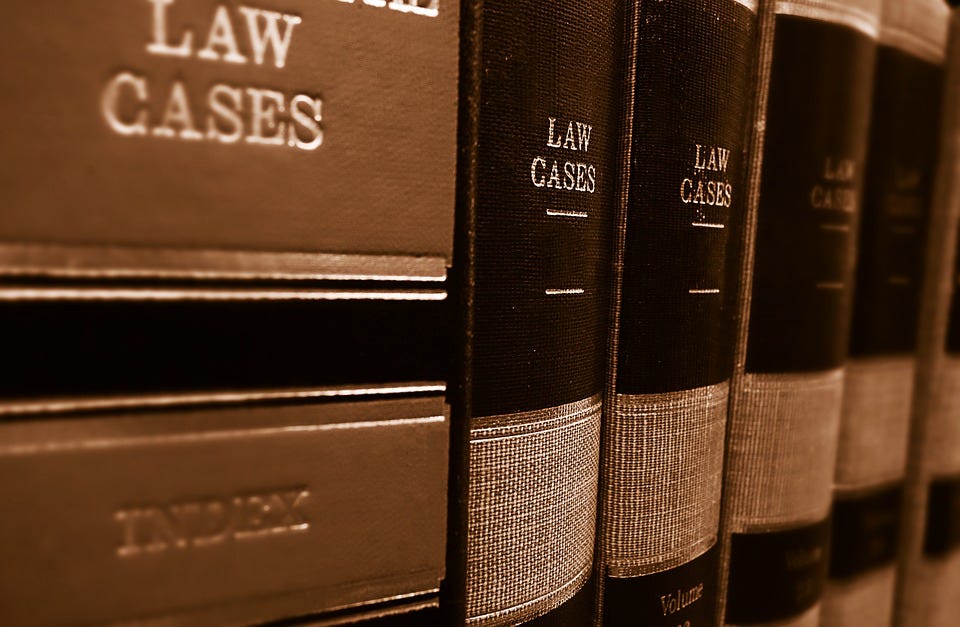Cases where exceptions under Section 8, Rule 51 are applied
The exceptions under Section 8, Rule 51 are only for the benefit of the appellant.In addition, jurisprudence has taught us that the exceptions under Section 8, Rule 51 can only be applied for the benefit of the appellant. The following cases applied the exceptional rule in Section 8, Rule 51:
In Demafelis v. CA,[1] the petitioner sued private respondent for ejectment, and the trial court ruled in favor of the petitioner. Respondent-appellant appealed, and the CA reversed the judgment in its favor. The issue of the identity of the land was passed upon by the CA, even if the only issue raised on appeal was the affirmation of the trial court's decision. Applying the exception for the appellant, the Court held that the CA had ample authority to decide the issue.
In Holy Trinity v. De la Cruz,[2] the issue raised on appeal to the CA was the validity of the emancipation patent, but the Court allowed the CA to rule on the issue of whether or not the land is covered by the agrarian reform laws. Thus, the appellate court correctly waived the lack of specific assignment of error and considered the second issue in favor of the appellant.
In Banco De Oro Unibank, Inc. v. Spouses Locsin,[3] the CA decided the issue of the sufficiency of evidence regarding the petitioner's entitlement to the claim of deficiency after foreclosure, despite non-assignment on appeal. Once again, the Court favored the appellant, and ruled that the issue of entitlement to the deficiency is closely related to the issue of whether or not such claim was proven through preponderance of evidence.
In the above-cited cases, the CA decided issues not assigned as errors but were closely related to or dependent on an assigned error and properly argued by the appellants. In Philippine National Bank v. Spouses Rabat,[4] the Court held that in Section 8, Rule 51, "[i]t may at once be noticed that the exceptions are for the benefit of the appellant and not for the appellee."
[1] 563 Phil. 614 (2007).
[2] G.R. No. 200454, October 22, 2014.
[3] G.R. No. 190445, July 23, 2014.
[4] 398 Phil. 654 (2000).
0 Comments